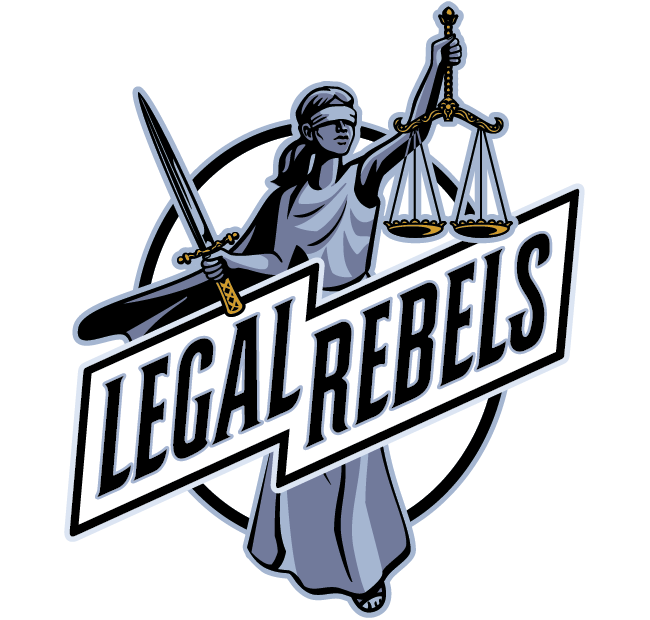[ad_1]

ChatGPT’s unveiling sparked conversations amongst regulation college, with opinions starting from banning GPT platforms in sure courses to encouraging experimentation to reconsidering regulation faculty pedagogy, professors contacted by the ABA Journal say.
The affect of generative synthetic intelligence instruments like ChatGPT touches each stage of regulation faculty—from admissions to classwork to the regulation overview and the bar—leaving college to evaluate the software’s threats and alternatives.
Previous to its launch in November 2022, “99% of individuals at regulation faculties had by no means heard of ChatGPT, and ‘generative AI’ was not a time period used routinely,” says April Dawson, a professor and affiliate dean of expertise and innovation on the North Carolina Central College College of Regulation. “It was a very totally different surroundings from the present authorized training area.”
Whereas the College of Michigan Regulation College now asks candidates to certify that they didn’t use AI for drafting functions, some regulation professors say the free model of ChatGPT can help aspiring legal professionals from underrepresented and under-resourced backgrounds who don’t have the means to rent consultants or don’t have the connections to assist with their purposes.
“Generative AI helps to degree the taking part in subject,” says Andrew Perlman, dean of Suffolk College Regulation College.
Though generative AI has been round and even taught in some regulation faculties for years, it’s banned at some faculties to be used on graded work to forestall dishonest. “They don’t need college students to have entry to it. They don’t need college students to make use of it,” Perlman provides.
That’s antiquated pondering that defies instructional duty, says David Kemp, an adjunct professor at Rutgers Regulation College.
“It’s virtually like not offering ample instruction on Westlaw or Lexis. In most states, there’s an moral obligation of competency that features technological competence.”
Daniel Linna, Northwestern College Pritzker Regulation College’s regulation and expertise initiatives director, agrees.
“We as educators must be asking, ‘How do our college students differentiate themselves?’ It’s not going to be by banning these instruments.”
Perlman, a member of the ABA Part on Authorized Training and Admissions to the Bar, believes in educating generative AI from the get-go. “First-year authorized analysis and writing courses could be an vital place for college kids to study in regards to the software,” he says.
At Rutgers Regulation, Kemp held a two-week summer season course centered on bettering ChatGPT proficiency. “It’s enjoyable to look at it evolve and have college students get excited,” he says. Kemp, a member of the ABA Middle for Skilled Accountability, says he makes use of ChatGPT himself for as much as 5 hours a day to remain on prime of its evolving capabilities.
Others have built-in ChatGPT workout routines into present programs. In “Generative Synthetic Intelligence and the Enterprise of Regulation,” a course masking expertise and its affect on the enterprise of regulation, Alice Armitage, a professor on the College of California School of Regulation at San Francisco and the college’s director of utilized innovation, requires college students to follow immediate writing, then refine the outcomes 3 times. Subsequent, they write a five-page paper primarily based on that info and fact-check it to remove potential ChatGPT hallucinations, she provides.
Armitage, an ABA member, now tweaks syllabi, assignments and workout routines on new subjects with ChatGPT.
“Each side of making an train or an exercise in school is time-consuming,” she says. “Updating used to take hours.”
ChatGPT additionally may change how regulation faculty exams are administered.
“The take-home essay query or essay examination actually might develop into a factor of the previous,” Kemp says. As a substitute, multiple-choice exams and oral arguments might be replacements.
These technological advances demand a tough take a look at what college students have to follow regulation, “and that’s an understanding of expertise,” Armitage provides.
Authorized Rebels Class of 2024
Locked in: Legal justice startups faucet into generative AI’s early promise
Bridging the Hole: Attorneys attempting to extend entry to justice see promise in generative AI
Serving to Hand: Generative AI already is making an affect on authorized analysis and writing
At all times on: Will generative AI alleviate burnout or make legal professionals extra depressing?
Head of the Class: Regulation faculties take into account post-ChatGPT coursework
e-Signal on the Dotted Line: In terms of utilizing generative AI and contracts, the satan is within the particulars
Age of e-Discovery: Generative AI may revolutionize e-discovery—however purchaser beware
Rewiring Entry: How AI may blur the borders of immigration regulation
This story was initially revealed within the February-March 2024 difficulty of the ABA Journal.
In This Podcast:
[ad_2]
Source link


